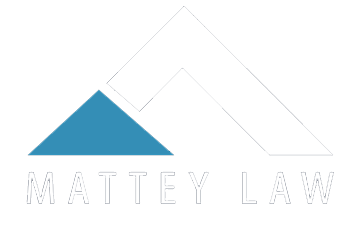FAQs
-
Insurance companies have a fiduciary obligation to their insureds. In addition, before they will agree to pay the claim, they will want to confirm the facts and circumstances of the accident with their insured. Unfortunately, many people who are at fault for an accident simply don’t want to accept responsibility. So, they may not get back to the adjuster who is calling to confirm the details. You can expedite the process by providing a copy of the police report to the adjuster. The adjuster assigned to your case will order/request it, but their processes can take a week or two. If the police did not respond to the scene or liability isn’t clear, you may want to proceed through your own insurance company and let them subrogate the loss.
-
Assuming you weren’t at fault for the accident, you can proceed either through the at-fault party’s insurance or you own collision coverage. The benefit of proceeding through your own collision coverage is that, although you will be out your deductible for a period of time, you may be able to avail yourself of the Appraisal Clause in your insurance contract to dispute the total loss value or ACV.
-
There are many ways to determine the value of your vehicle (Kelly Blue Book etc.). Either way, you should do some research and know what it will cost to purchase a like/similar vehicle (miles, condition, features etc.) before you speak with the adjuster. You can research sales of similar vehicles online.
-
This is an unfortunate situation. Your options are limited to seeking recovery from the at-fault driver. You can take them to Court and sue him/her for your damages. Another option is to pursue restitution if he was cited for the accident. In the latter case you will need to reach out to the District Attorney’s office prosecuting the at-fault driver and discuss restitution with them. We do not handle this type of case as it is more suited for an hourly fee agreement rather than a contingent fee agreement.
-
In some circumstance, especially with the current value/cost of new vehicles, the tortfeasor may not have purchased sufficient insurance coverage limits to cover all of the damages he/she has caused. In this circumstance, his/her insurance company will only pay the limit of coverage available for the loss to the parties, normally on a pro-rata basis. As such, it makes economic sense to proceed under your collision coverage and let your insurance company subrogate its losses and your deductible. With respect to your injury claim, you will want to explore all available UIM coverages available before accepting any tender or signing a settlement Release.
-
We are a personal injury firm. However, we also handle diminished value and loss of use claims with respect to new late model vehicles (depending on year and make). We do not handle property damage dispute cases as those are more suited to an hourly fee basis rather than contingent fee agreement.
-
The best and safest course of action is to, at the very least, consult with your primary care physician. Assuming that your injuries are minor or minimizing your injuries can sometimes be used against you should your symptoms persist or worsen. We can help you navigate the process.

